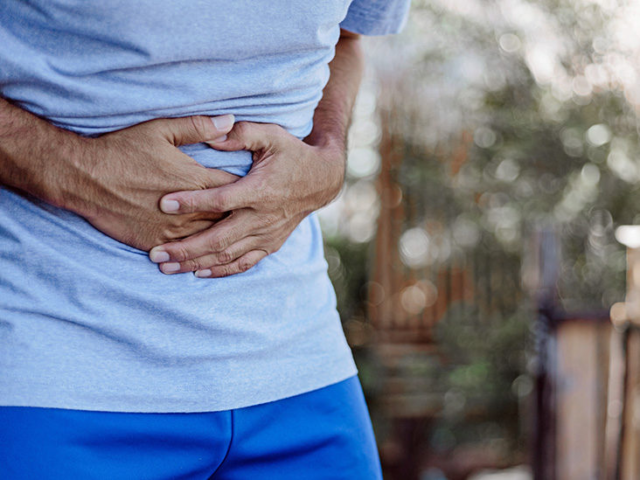Well! I guess we all have experience this at least once in our lifetime. It is one of the most common infection that happened to human body. Diarrhea is usually characterized by loose, watery stools or a frequent need to have a bowel movement. It usually doesn’t require any treatment and lasts a few days. You might experience diarrhea due to a bacterial or viral infection. However, it could be cause as a resultof food poisoning as well.
There are actually several different Parameters are there to categorize diarrhea. Basically, Diarrhea can be classified into three catagorise which is acute, chronic and Persistent diarrhea.
- Acute diarrhea: This is the most common type of diarrhea.Acute diarrhea is loose watery diarrhea which is usually lasts one to two days. It generally the type of diarrhea that doesn’t require any treatment and it usually goes away after a few days.
- Persistent diarrhea: This type of diarrhea generally occurs when the conditions last for several weeks – two to four weeks.
- Chronic diarrhea: This diarrhea generally occurs for more than four weeks or comes and goes regularly over a long period of time is called chronic diarrhea.
What causes diarrhea?
As I have already mentioned that with diarrhea, stools usually are looser whether or not the frequency of bowel movements has increased. This looseness of stool–which can vary all the way from slightly soft to watery–is caused by increased water in the stool. Food is kept liquid by the production and discharge of large amounts of water by the upper small intestine, stomach, gallbladder, and pancreas, during normal digestion. Food that is not digested happens to reach the lower small intestine as well as colon in liquid form. Here, the lower small intestine and particularly the colon absorb the water, turning the undigested food into a more-or-less solid stool with form. Increased quantity of water in stool can result if the stomach and/or small intestine produce and discharge too much liquid, the distal small intestine and colon do not absorb enough water, or the undigested, liquid food passes too quickly through the small intestine and colon for enough water to be removed.
Diarrhea can occur for a various number of reasons and it generally goes away on its own in one to three days. You may experience diarrhea due to the number of conditions or circumstances which include,Diarrhea can occur for a variousnumber of reasons and it generally goes away on its own in one to three days. You may experience diarrhea due to the number of conditions or circumstances which include,
- a food intolerance, such as lactose intolerance
- an adverse reaction to a medication
- a food allergy
- a bacterial infection
- a viral infection
- a parasitic infection
- an intestinal disease
- gallbladder or stomach surgery
Other the above-mentioned reasons, there are many other reasons such as Lactose intolerance, use of various medicines such as antibiotics, artificial sweeteners, contaminated food or water, can cause diarrhea.
What are the symptoms of diarrhea?
Depending on its category (whether mild or severe), the symptoms you can experience can vary. The symptoms also depend on what the cause of the diarrhea happens to be.
- Loose, watery stools
- Abdominal pain
- Abdominal cramps
- Blood in the stool
- Bloating
- Mucus in the stool
- Fever
- Urgent need to have a bowel movement
- Nausea
How to treat diarrhea?
It generally doesn’t require any treatment and goes away with in few days if it is a mild one. However, in case of severe one you must consult with the doctors. Antibiotics might help treat diarrhea if it is resulted due to the bacteria or parasites. You must drink plenty of water and juice if you are suffering from diarrhea.
How to prevent diarrhea?
- Drink plenty of water.
- Avoid eating unhealthy food.
- Wash your hand properly before eating
- Make sure you are cooking utensils are properly washed before cooking.
For more questions and answers from the subject biology visit here.








